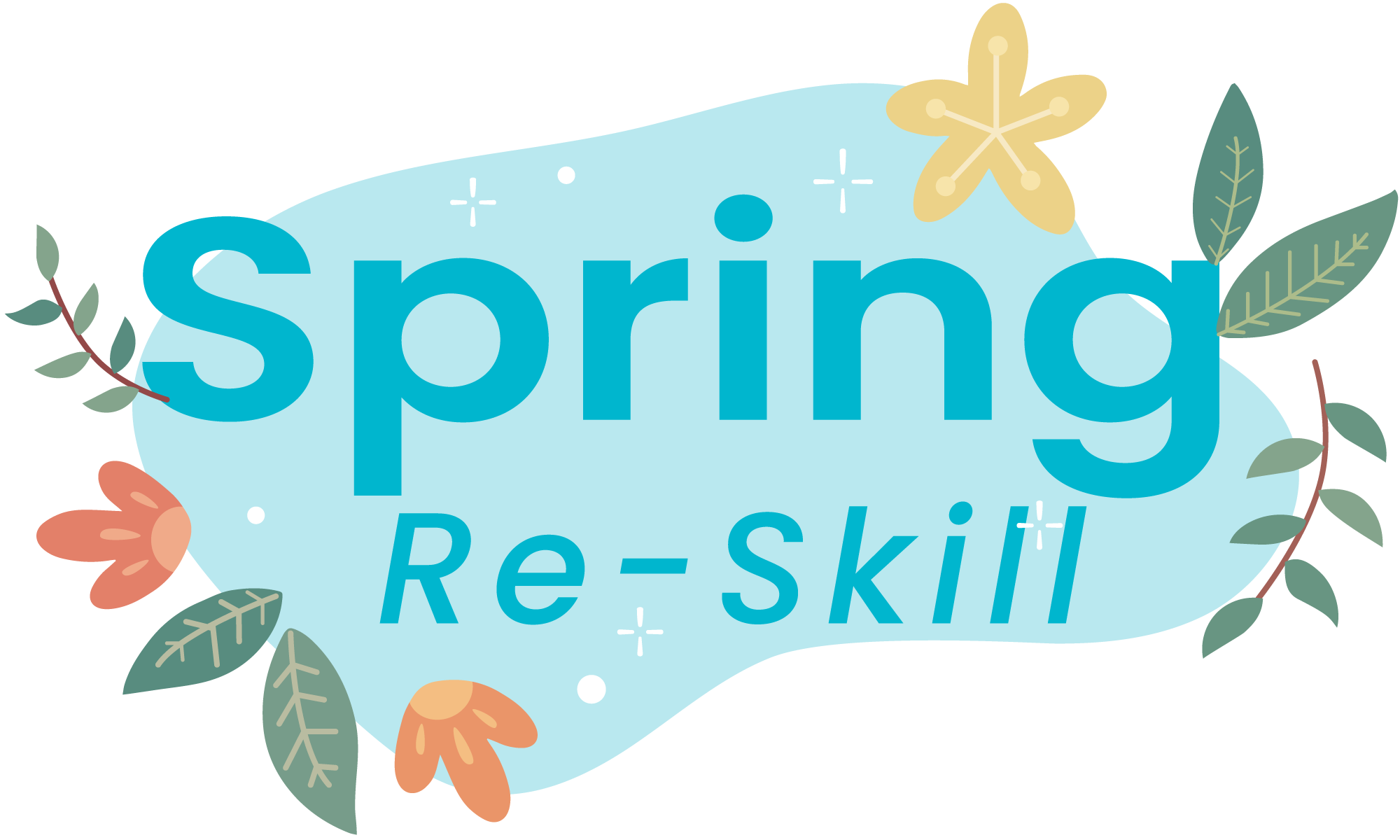- No products in the cart.
News & Events
Top Interview Tips for Teacher Aides — Common Questions & How to Answer
- September 15, 2025
- Posted by: Rohan
- Category: Education Support Online Study
No Comments

Introduction
Preparing for a teacher aide job interview is an exciting step toward a rewarding career in education. Schools are seeking skilled, empathetic, and organised professionals who can support both students and teachers. By planning ahead and practising your responses, you can stand out in interviews and demonstrate your genuine passion for helping children thrive.
In this guide, you’ll discover:
- How to prepare for a teacher aide interview.
- The best strategies for structuring strong answers.
- Common teacher aide interview questions (with sample answers).
- What schools really look for in a teacher aide.
How to Prepare for a Teacher Aide Interview
Teacher aide interviews often explore your experience, teamwork, communication style, and approach to supporting diverse learners. Preparation helps you answer with confidence and align your strengths to the role.
Preparation Tips
- Read the position description and selection criteria carefully. Note the skills and values the school emphasises.
- Reflect on your experiences. Consider past work, study, or volunteering that relates to teamwork, student support, or behaviour management.
- Prepare real-life examples that show how you’ve solved problems, collaborated with teachers, or engaged students.
- Practise self-introductions. Be ready to talk about your motivation, strengths, and what excites you about working as a teacher aide.
- Research the school or centre. Learn about their values, programs, and community to tailor your answers.
Structuring Your Answers: The STAR Technique
A clear and professional way to answer interview questions is the STAR method (Situation, Task, Action, Result).
- Situation/Task: Briefly describe the context and goal.
- Action: Explain the steps you took.
- Result: Share the outcome and what you learned.
STAR Example
“In my last placement, a student struggled with group work. I helped by breaking tasks into smaller steps and pairing them with a supportive peer. Over time, their confidence grew, and they contributed more actively in class projects.”
This technique keeps your answers structured, memorable, and focused on results.
Most Common Teacher Aide Interview Questions
Teacher aide interviews usually include general, behavioural, and situational questions. Below are categories with examples to help you prepare.
General Questions
- What inspired you to become a teacher aide?
- Why do you want to work at this school?
- What are your top three strengths?
- What do you consider your weaknesses?
Behavioural Questions
- Give an example of collaborating with a teacher to support learning.
- Describe how you’ve helped students with diverse or special needs.
- Share a time you resolved a conflict with a colleague.
- Tell us about your experience using behaviour support strategies.
Situational Questions
- How would you respond if a student was distressed?
- What would you do if a teacher was absent?
- How would you support a child who was being excluded by their peers?
Examples of Interview Questions & How to Answer
Experience and Skills
Q: Can you describe your experience working with children?
A: Highlight placements, volunteering, or professional roles. Focus on responsibilities like classroom support, behaviour guidance, or one-on-one assistance.
Q: How do you handle challenging behaviours?
A: Share a real situation where you used positive reinforcement or de-escalation strategies, and explain the outcome.
Communication and Teamwork
Q: How do you communicate with parents and caregivers?
A: Explain how you provide updates, address concerns respectfully, and build trust.
Q: How do you collaborate with teachers?
A: Use examples of teamwork, shared planning, or problem-solving in the classroom.
Qualifications and Professional Development
Q: What qualifications do you hold?
A: Mention your Certificate III or IV in School-Based Education Support, current training, and commitment to upskilling.
Q: How do you stay up to date?
A: Reference workshops, short courses, or professional reading to show lifelong learning.
Child Safety and Well-being
Q: How do you ensure student safety?
A: Talk about following school procedures, conducting risk checks, and your first aid/CPR training.
Q: How do you respond to emergencies?
A: Outline your calm approach, first aid knowledge, and communication with staff and families.
Inclusivity and Diversity
Q: How do you promote inclusivity?
A: Share how you celebrate diversity through classroom activities and support every child’s participation.
Frameworks (NQS and EYLF)
Q: Can you explain the EYLF?
A: The EYLF outlines principles and practices to guide learning, focusing on strengths and positive outcomes.
Q: What are the 7 quality areas of the NQS?
- Educational program and practice
- Children’s health and safety
- Physical environment
- Staffing arrangements
- Relationships with children
- Partnerships with families and communities
- Leadership and service management
Strengths, Weaknesses & Unknown Answers
- Strengths: Pick ones relevant to the role, such as patience, adaptability, or relationship-building. Back them with examples.
- Weaknesses: Choose a real but manageable weakness. Show how you’re addressing it (e.g. “I’m working on being less critical of my work by focusing on progress and feedback”).
- If you don’t know an answer: Stay calm, admit it honestly, and highlight your willingness to learn.
Sample Answer — STAR Format
Q: Describe your experience supporting students with learning difficulties.
“During my placement at XYZ Primary, I supported a student struggling in maths. I worked with the teacher to create a tailored plan using visual aids and hands-on activities. With consistent encouragement, the student’s confidence improved, and by the end of term, their results had noticeably increased.”
Top Tips for Teacher Aide Interviews
- Showcase your passion. Let your enthusiasm for education and helping children shine through.
- Highlight key skills. Communication, teamwork, flexibility, and knowledge of child development are highly valued.
- Prepare scenarios. Be ready with real examples of handling classroom challenges.
- Demonstrate professionalism. Dress neatly, speak clearly, and bring required documents (certificates, Working With Children Check).
- Ask thoughtful questions. Show interest in the school’s teaching philosophy, student support, and professional development opportunities.
What Schools Look For in a Teacher Aide
Australian schools seek teacher aides who can:
- Communicate effectively with teachers, parents, and students.
- Show initiative and adapt to classroom needs.
- Support inclusivity and positive learning environments.
- Understand key frameworks like the EYLF and NQS.
- Commit to ongoing professional growth.
Final Checklist Before Your Interview
- Review your resume and references.
- Practise answers using STAR.
- Research the school’s values and programs.
- Prepare documents (certificates, WWCC, first aid).
- Rehearse answers to common and situational questions.
Conclusion: Step Into Your Role with Confidence
Landing a role as a teacher aide is about more than answering questions correctly—it’s about showing your passion, readiness, and commitment to supporting children’s learning. By preparing with these strategies, practising your responses, and approaching your interview with confidence, you’ll position yourself as the kind of professional schools want on their team.
Remember, every interview is also an opportunity to learn. Even if you don’t have all the answers, demonstrating resilience, enthusiasm, and a willingness to grow will leave a lasting impression.
